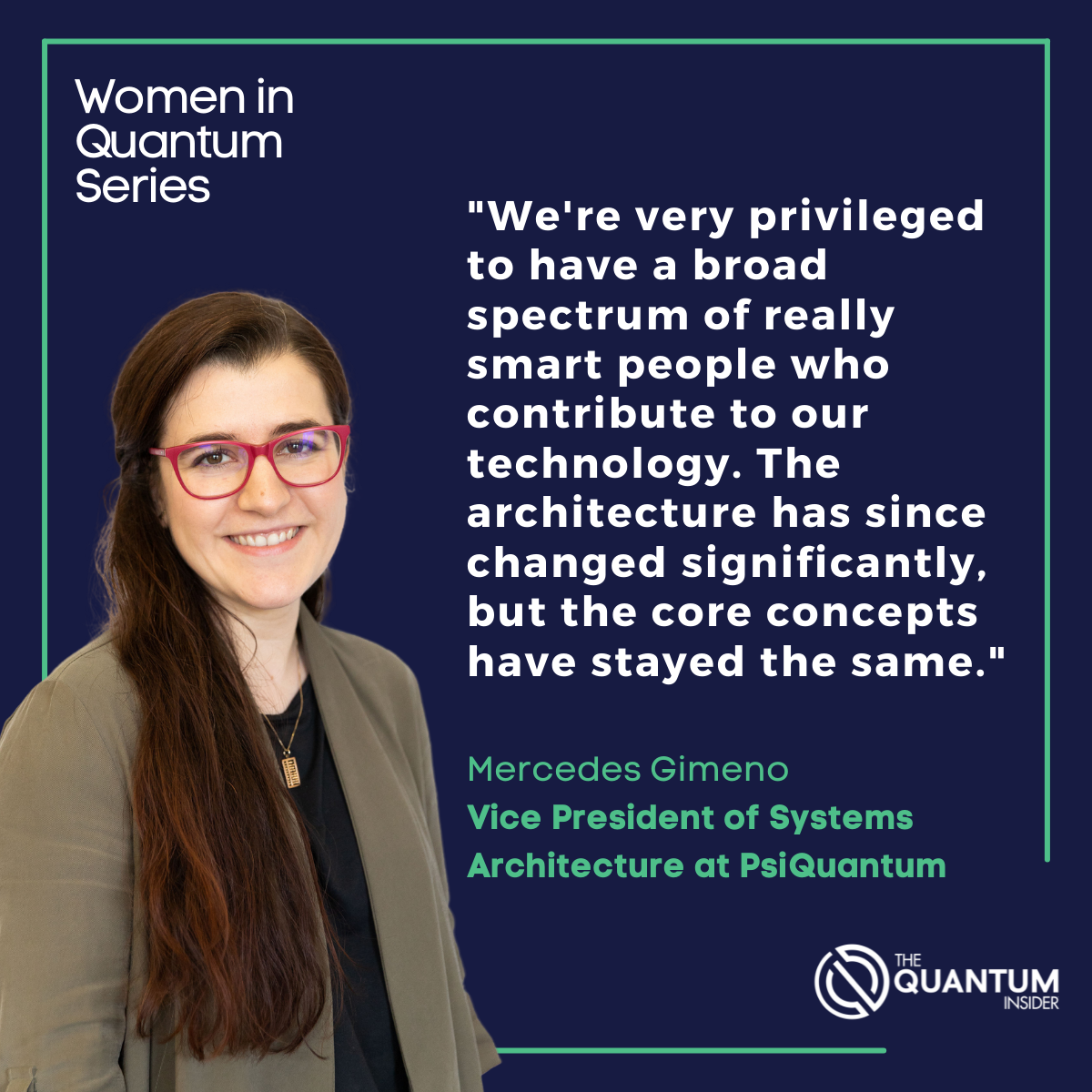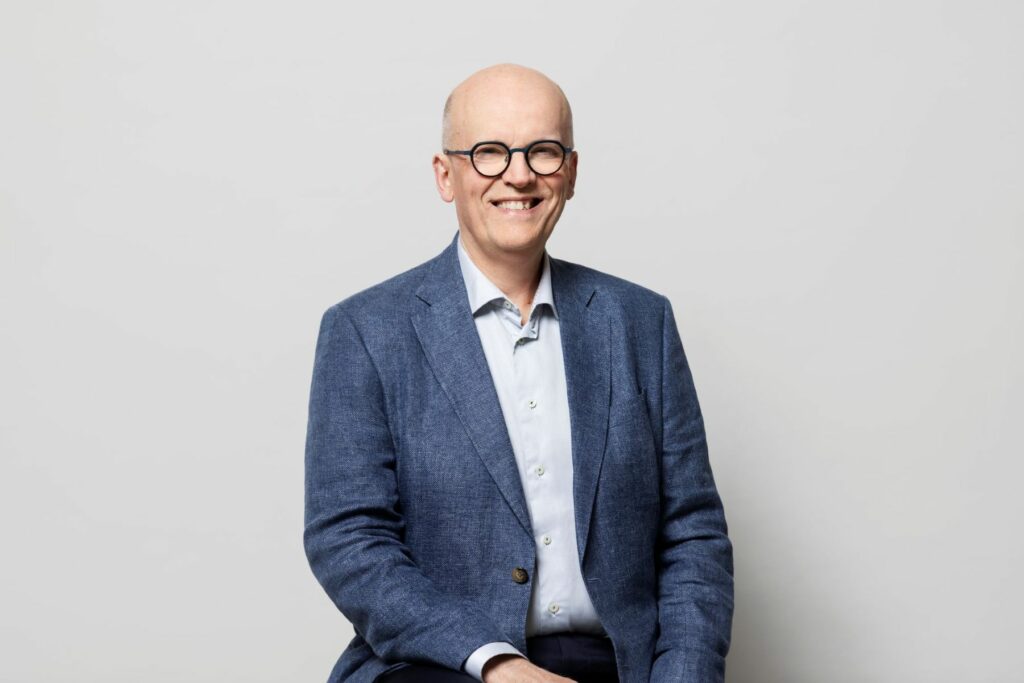While some individuals get interested in quantum technology during university, others become intrigued at a much younger age. That is what happened to Mercedes Gimeno-Segovia, the Vice President of Systems Architecture at PsiQuantum. “My dad is a computer engineer,” she explained. “So, all my drawings when I was a kid were on engineering paper printed from an IBM machine. One thing that fascinated me when I was little was how you could have electricity that somehow turns into information, and I never really got it.” This interest drove Gimeno-Segovia to study physics at university, including doing a couple of summer projects in quantum computing at Imperial College London.
It was an easy transition for Gimeno-Segovia to move from summer projects to a Ph.D. at Imperial College in quantum information. While there, she studied under renowned scientist Terry Rudolph, and collaborated with a quantum computing group at the University of Bristol led by Jeremy O’Brien. As Gimeno-Segovia explained: “I had a group of advisors who gave me a lot of freedom because none of them were pushing too hard. And at the same time, I had access to all their knowledge.” With these resources, Gimeno-Segovia began working on her Ph.D. thesis that would become a key part of PsiQuantum’s approach to quantum computing. Gimeno-Segovia’s thesis focused on the architecture of a photonic quantum computer. “It had a modular architecture, which meant it could be made of discrete building blocks, such as chips,” she said. “On the other hand, the architecture needed to be shallow (small constant number of operations per photon), to minimize the effect of loss and control noise on the qubits.” In working on this architecture, Gimeno-Segovia became more excited about the possibilities of quantum technology and a realistic path to building a useful quantum computer.
“I couldn’t really say no to an industry position,” Gimeno-Segovia added. After a short postdoctoral job, she ended up at PsiQuantum, one of the market leaders in quantum computing. At the company, Gimeno-Segovia put her knowledge to good use by applying some of her Ph.D. thesis to developing PsiQuantum’s quantum architecture. “PsiQuantum has done a tremendous amount of work since then,” she said. “We’re very privileged to have a broad spectrum of really smart people who contribute to our technology. The architecture has since changed significantly, but the core concepts have stayed the same.” Within her industrial position, Gimeno-Segovia found the culture to be much more streamlined. “It’s really something that is much more difficult in academia because students are always passing by. They also might be the smartest in the world, but they don’t have 10 years of experience with this exact topic. But here, I love coming to work every day. We have a lot of fun working out technical problems and being surrounded by people that are passionate and smart and hard-working.”
As the Vice President of Systems Architecture, Gimeno-Segovia uses a multi-disciplinary approach to build the product. “I am responsible for understanding how all the disciplines come together so we have a final design,” Gimeno-Segovia said. “This means that I will need to be able to speak with all of the different experts to be able to understand the design constraints as well as opportunities.” Working as a leader within her field, Gimeno-Segovia has seen firsthand the need for diversity within this industry. She mentioned that the number of women and other minorities peters out the higher one gets in the education system. Because of this, Gimeno-Segovia emphasized the need for pipelines to help guide individuals into the industry. Resources like online lectures, summer programs, and mentors are essential, she added. “There’s nothing like having students be able to meet one-on-one with researchers.”

For more market insights, check out our latest quantum computing news here.
















